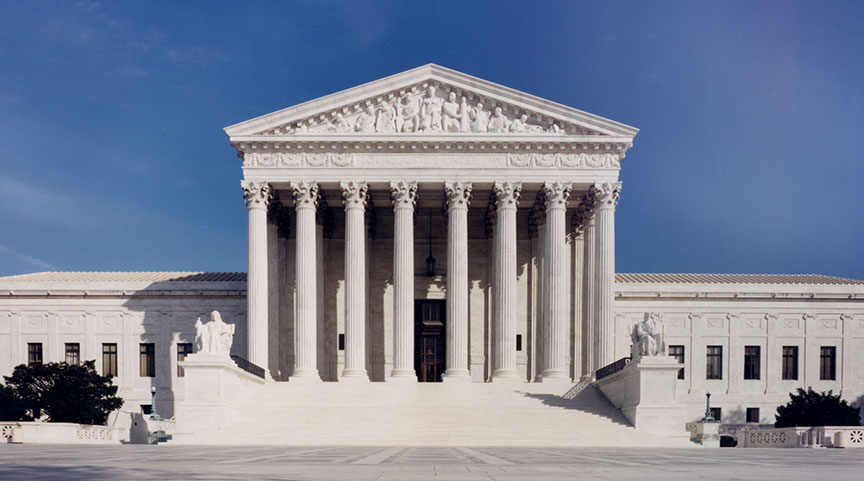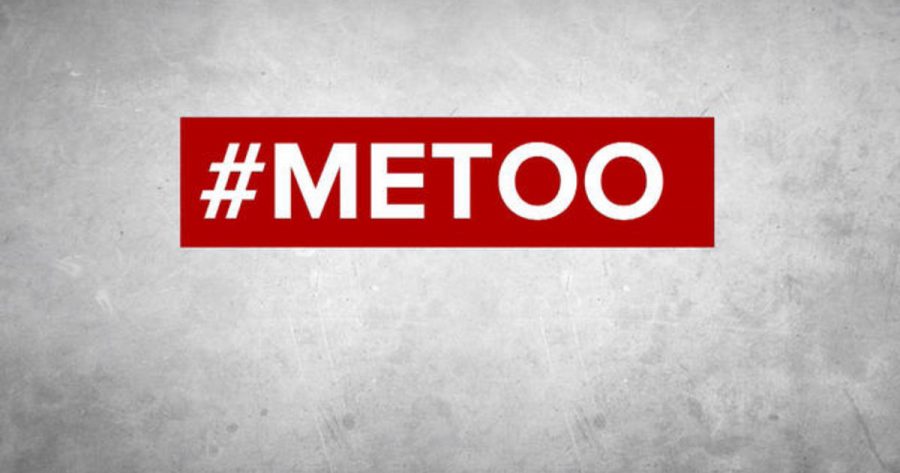By Delaney Gagnon
Staff Writer
Just days into its 2017-2018 term, the Supreme Court heard arguments for what may prove to be one of the most influential cases of the year.
In Gill v. Whitford, Wisconsin Democrats are challenging the gerrymandered district lines that they claim breach both their First and Fourteenth Amendment rights.
Gerrymandering is the process in which state legislatures draw district lines to ensure that their party remains in power, by having the majority of the House seats.

This can be done either through “cracking” or “packing.” When legislators “crack” districts, they draw lines to diminish the impact of voters from the opposing party by dispersing them into separate districts, making it nearly impossible to gain a majority vote.
Conversely, “packing” loads unproportional amounts of one type of voter into a district. Often, these practices result in wild-looking, nonsensical district shapes.
While both major political parties are guilty of gerrymandering, the results of recent House elections reveal a disconnect between the political attitudes of Wisconsin voters and those of who represent them.
According to a report by NBC News, in 2012, Democrats in Wisconsin won 53 percent of the vote, and Republicans won 47 percent.
Yet, Republicans still took 60 seats in the House while Democrats only received 39 seats.
In the 2016 Wisconsin House elections, the vote percentage was reversed and Republicans increased to 64 seats, while Democrats dipped to 35 seats.
Essentially, this means that for Democrats 57 percent of the vote is equal to 39 seats, but for Republicans the same percentage is equal to 64 seats.
The Supreme Court has never ruled on whether or not there should be limits regarding political gerrymandering. This means a ruling in favor of the Wisconsin Democrats would be unprecedented and have sweeping implications for the rest of the nation.
When a similar case was brought to the Supreme Court in 2004, the divided justices were conflicted over the constitutionality of their ruling in political conflicts.
However, Justice Anthony Kennedy, who is considered a swing vote in the Supreme Court, left open the possibility of hearing a gerrymandering case someday in the future.
As that day has finally arrived, it appears that Justice Kennedy may once again play an important role in deciding the fate of gerrymandering in the U.S.
As a known proponent of the First Amendment, plaintiffs are catering to Justice Kennedy, arguing that not only does Wisconsin’s gerrymandered districts deny them their Fourteenth Amendment rights of freedom and due process, but also of their First Amendment right to free speech.
They are arguing that by diminishing the impact of citizens’ votes, their right to voice disapproval of their current leaders is squandered.
Only time will tell how the Supreme Court decides on Gill v. Whitford.












